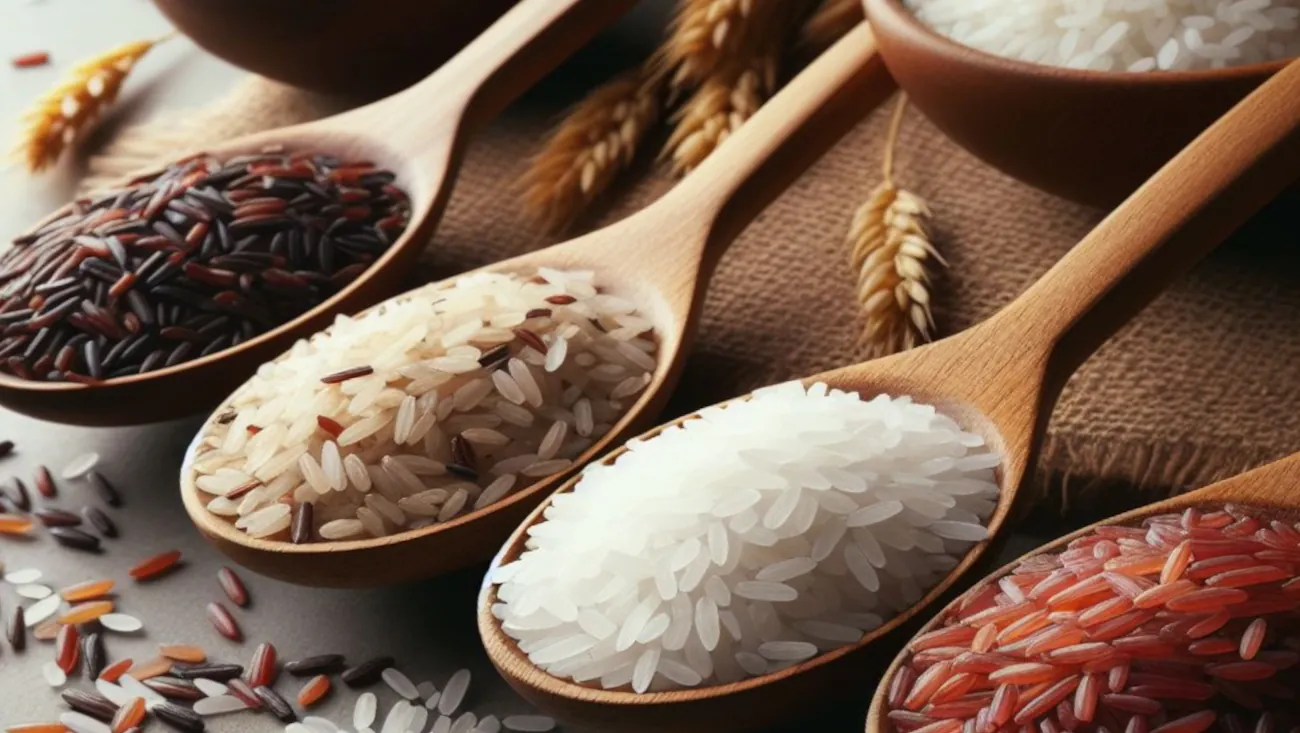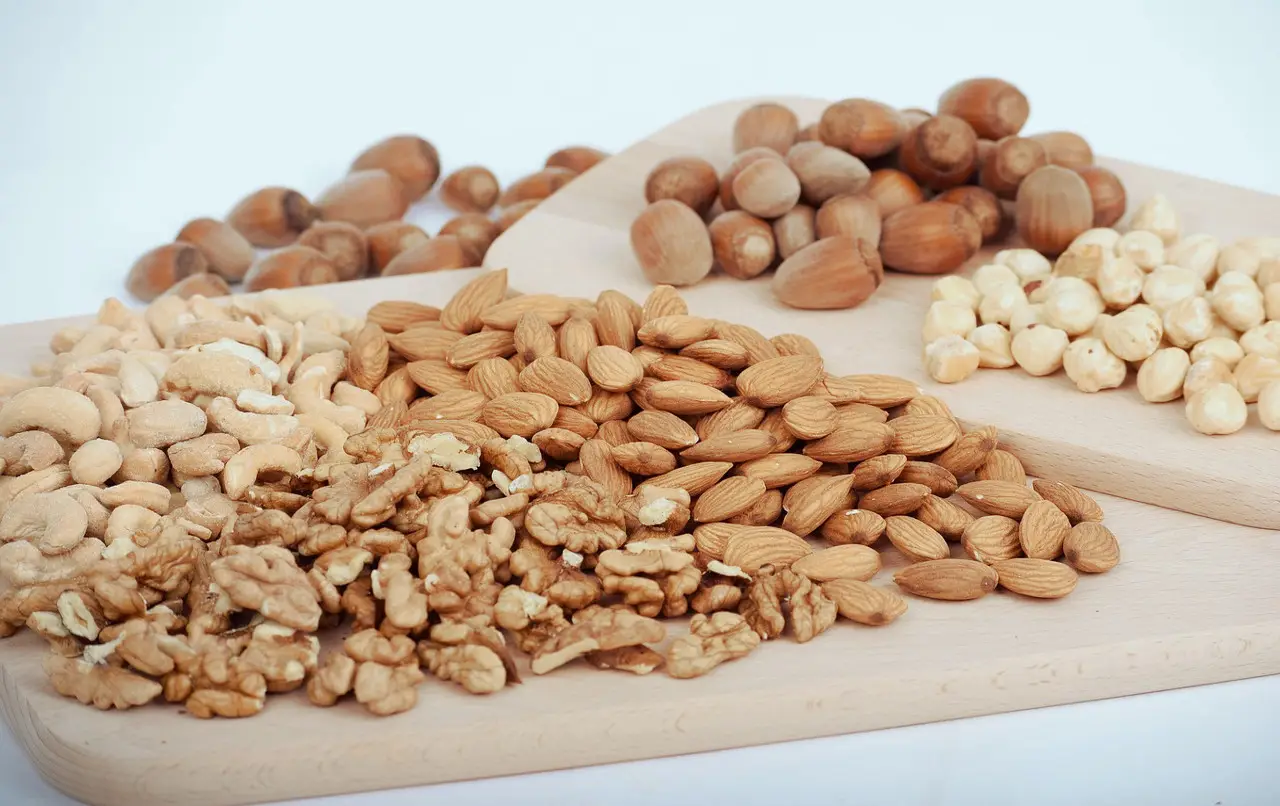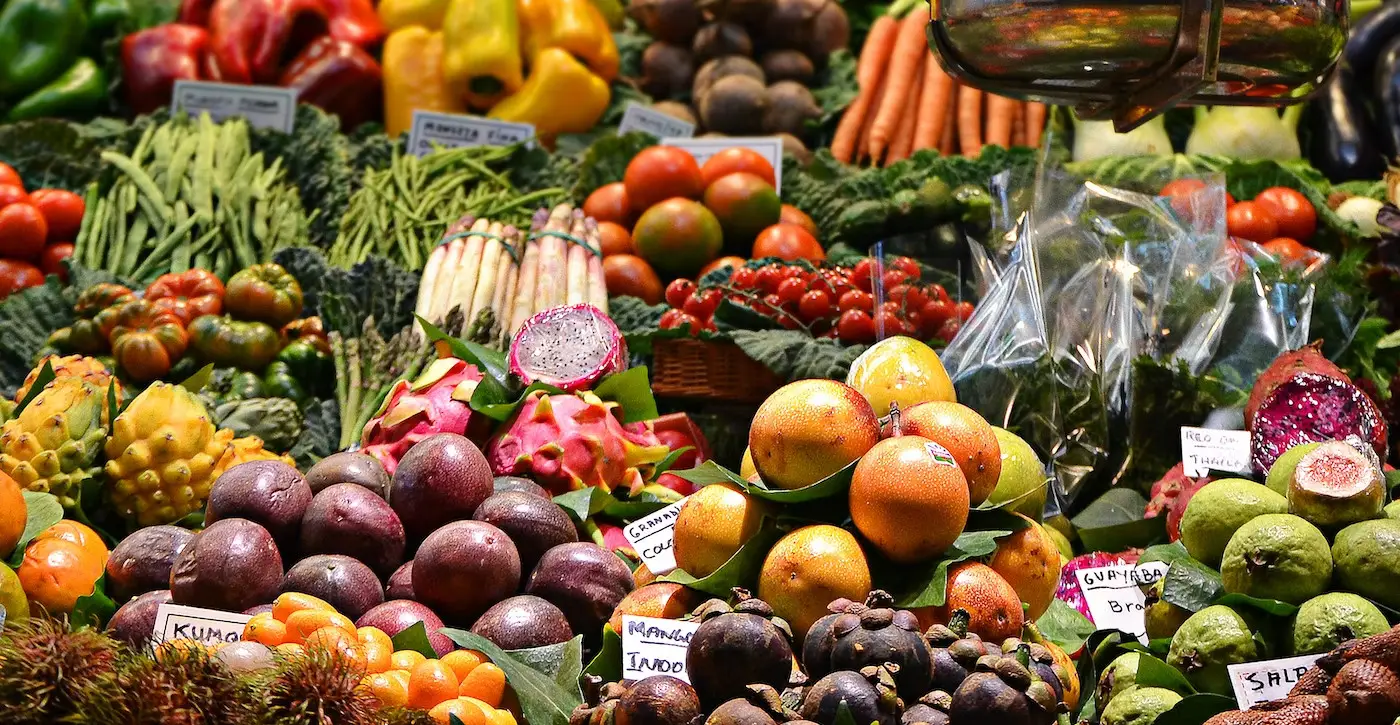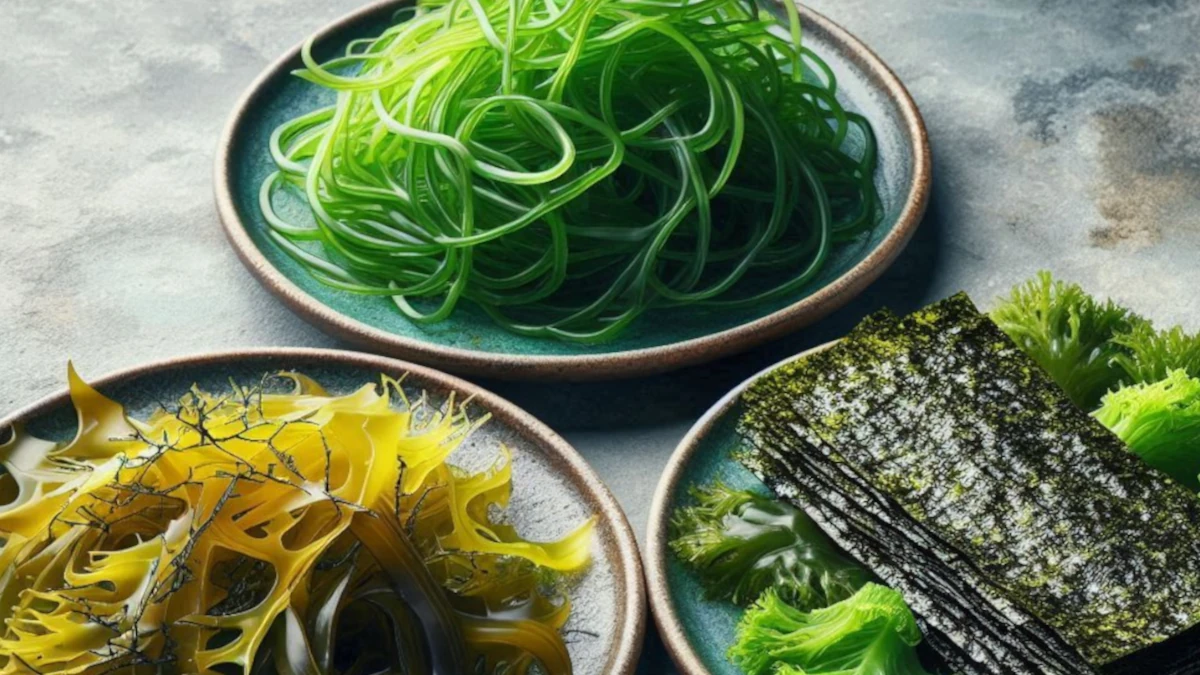Rice Noodles Lysine and Arginine Info Sheet
Overview
Rice noodles are made from rice flour and water, and they are gluten-free.They are popular in Southeast Asian and Chinese dishes, such as pad thai and chow fun.
Rice noodles are lower in fat and sodium than regular and egg noodles, but they are also lower in protein and iron.
They also have a high glycemic index, which means they can spike blood sugar levels quickly.
| Name | Lysine (mg/100g) | Arginine (mg/100g) | Ratio |
|---|---|---|---|
| Rice Noodles | 170mg | 300mg | 0.57 |
Rice Noodles contains 170mg of Lysine and 300mg of Arginine per 100g of product.
This means Rice Noodles has a low Lysine-Arginine ratio of 0.57.
Because Rice Noodles contains slightly more arginine than lysine, reducing its consumption may help people who suffer from herpes, as it may lower the viral activity.
Lysine Considerations
Rice noodles have a low amount of lysine, which is an essential amino acid that the body cannot produce.
Lysine is important for protein synthesis, collagen formation, and immune function.
It is one of the nine amino acids that your body cannot make by itself, so it has to come from the food we eat.
Lysine has a variety of functions in the body, such as helping with growth, healing, energy, immunity, and collagen production.
Lysine may also have some effects on the herpes virus, which causes cold sores and genital sores.
Studies have suggested that taking lysine supplements or applying lysine cream may help prevent or treat these infections by blocking the amino acid arginine, which the virus needs to grow.
Arginine Considerations
Rice noodles also have a low amount of arginine, which is a semi-essential amino acid that the body can produce in limited amounts.
Arginine is important for nitric oxide production, blood vessel dilation, and wound healing.
Arginine can contribute to cold sore outbreaks, which are blisters caused by the HSV-1 virus, also known as herpes.
Arginine aids in the growth of HSV-1, which needs this particular amino acid to multiply and infect cells.
Arginine can be obtained through our diet, and is found in many high-protein foods such as nuts, seeds, and chocolate.
Regrettably, the herpes virus is known to "feed" on arginine, and a diet a good source of arginine compared to lysine may increase the frequency and severity of cold sores and herpes outbreaks.
Lysine-Arginine Ratio
Rice noodles have a low lysine-arginine ratio, which means that it has less lysine than arginine.
This ratio may affect the balance of herpes simplex virus (HSV) in the body, as lysine inhibits and arginine promotes HSV replication.
A low lysine-arginine ratio may increase the risk of HSV infections.
Both lysine and arginine are essential for protein synthesis and various other bodily functions.
They, however, have opposing effects on the herpes simplex virus, which causes cold sores and genital herpes.
Lysine can slow down the replication of the virus, whereas arginine can stimulate it.
Thus, a diet rich in foods with a high lysine to arginine ratio may help reduce the occurrence and severity of herpes symptoms.
Foods that have a high lysine-arginine ratio include dairy products, fish, poultry, fruits, and vegetables.
These foods can provide the body with enough lysine to compete with arginine and inhibit the virus from replicating and causing flare ups.
Dietary Considerations

For example:
A well-balanced and healthy diet that strengthens your immune system and lowers inflammation is important.
This means you should eat a lot of fruits, vegetables, whole grains, lean protein, and good fats, and avoid processed foods, added sugars, alcohol, and caffeine.
Consider taking l-lysine supplements, which can help prevent herpes outbreaks and stop a cold sore before it emerges by limiting the availability of arginine for the virus, which it requires to produce a cold sore.
Other food supplements, such as vitamin C, zinc, selenium, and antioxidants, can help you boost your immunity and protect your cells from oxidative stress.
To prevent outbreaks, avoid foods that can cause allergic reactions or sensitivities, such as gluten, dairy, nuts, eggs, or shellfish.
These foods can harm your immune system and make inflammation worse.
Check more food information






